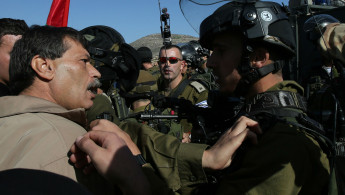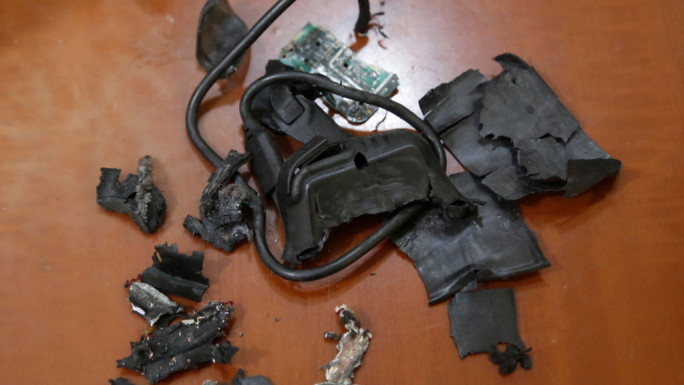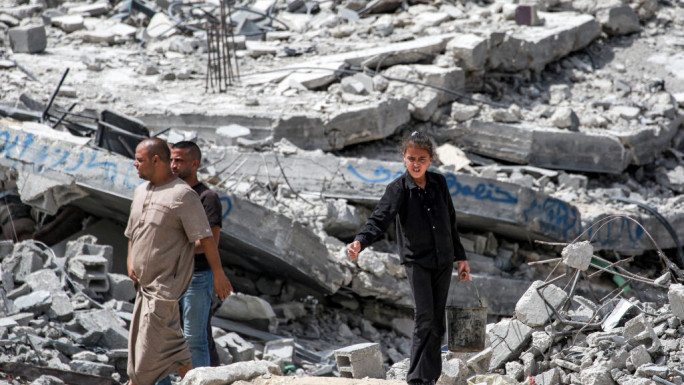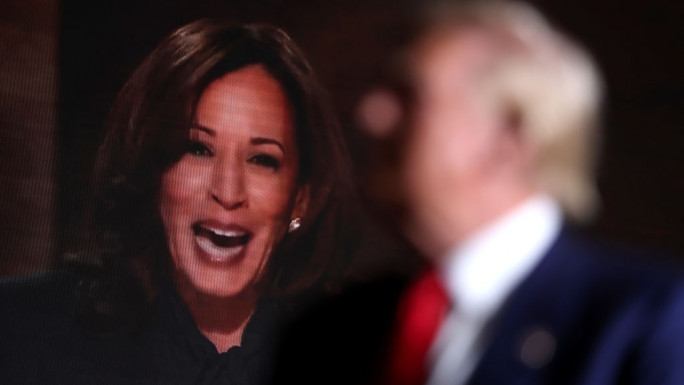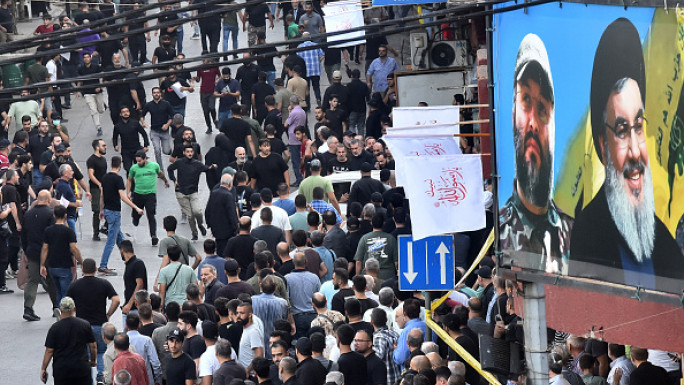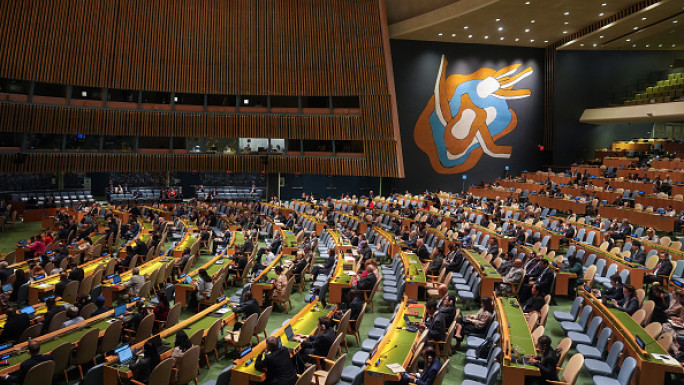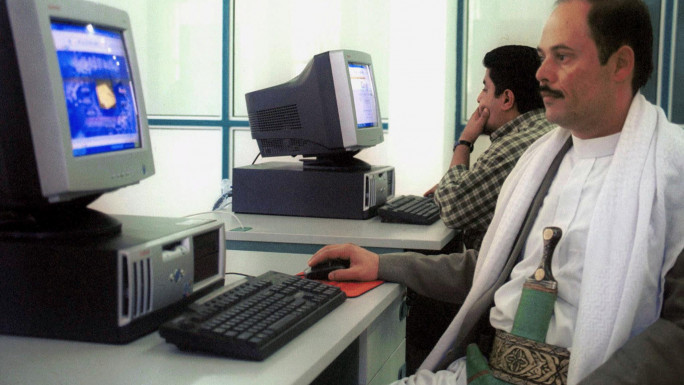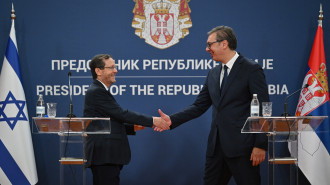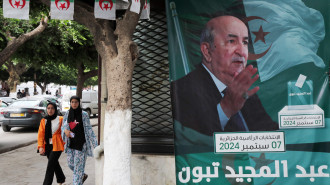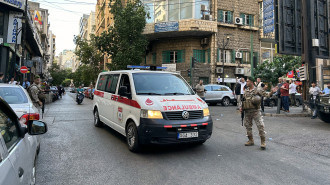Seeking justice for Abu Ein
The Israeli decision to not bring charges against any Israeli soldier for the death of Palestinian cabinet minister Ziad Abu Ein was not a surprise. What is surprising, however, is the silence of the Palestinian officialdom.
A committee set up by Nitzan Alon, an Israeli army commander, ruled there was no case of wrongdoing in the death of Abu Ein on 10 December 2014. The soldiers involved acted as requested by their leadership, it said.
So what can Palestinians do to seek justice for Abu Ein?
The Palestinian public prosecution told al-Araby al-Jadeed that a separate Palestinian investigation is about to end. What happens then depends on Palestinian leadership.
Options remain limited, Palestinian experts say. A lawsuit can be filed in an Israeli court against the soldier accused of being responsible - but Palestinians can predict the outcome of such a case before it has even started.
| "To Israel, Abu Ein is just another dead Palestinian". Read Lamis Adoni on killing of minister. |
There are calls to try the solider before a Palestinian court in a symbolic gesture. However, a Palestinian judicial source told al-Araby: "The Palestinian judiciary cannot try a Palestinian with a Jerusalem identity card, let alone trying an Israeli soldier. This is impossible."
The third option would be to prepare the file on Abu Ein's death to be included in cases which the Palestinian Authority plans to present the International Criminal Court.
Ramallah's deputy prosecutor, Ahmad Hannoun, told al-Araby that a post-mortem examination by Palestinian, Jordanian and Israeli doctors showed that the cause of Abu Ein's death was "choking resulting from pain and stress". However, the Israeli doctor refused to sign the report because there was no copy in Hebrew.
The next step, Hannoun said, "is for the Palestinian political level to decide".
Sha'wan Jabarin, the director of al-Haq human rights NGO, said the Palestinian response to the Israeli investigation "must be to stop the security coordination with the Israeli security".
Jabarin called for a symbolic trial of the soldier before a Palestinian court, the result of which could be presented to international bodies.
"We have all the evidence and documentation. The soldier must be tried even as a symbolic step that would lift the Israeli media blackout and pave the way for other trials in future," he said.
| "Palestinians must stop stalling and join the ICC". Read Salma Karmi-Ayyoub's analysis. |
He added the result could then be presented to European, US and international legal institutions with a demand that the verdict could be enforced.
The head of the Palestinian Prisoners Society, Qaddoura Fares called for the creation of a "national committee to arrange all the files that prove the crimes of the occupation, make priorities, including the case of Abu Ein, as a prelude to presenting them to international courts".
"Going to the ICC with Abu Ein case individually and unprepared by any legal institution will cause damage," he said, adding that the Palestinian president, Mahmoud Abbas, needed to form such a committee quickly.
Abu Ein's family pins its hope on an international legal motion. His son, Tareq, told al-Araby that the "whole file is with Palestinian President Mahmoud Abbas and there will be an international legal step very soon".
This is an edited translation of the original Arabic.
